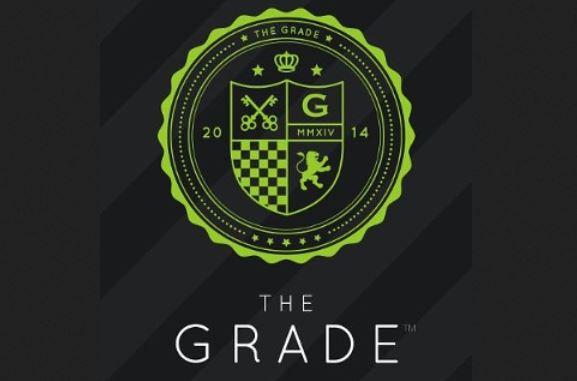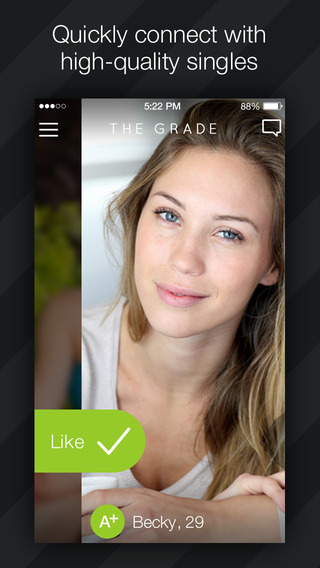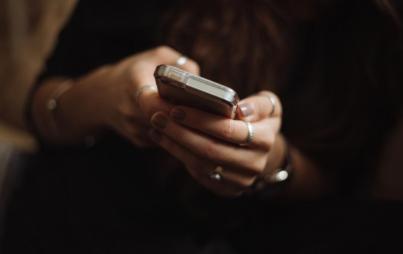
It seems like a new dating app comes out every day, each one trying desperately to be the next Tinder. There’s Hingle, JSwipe, Clover . . . and now, The Grade.
As the name implies, this app relies on an algorithm that grades users based on popularity (how often the profile is liked), quality of messages (so, I guess the app has access to your private messages?) and responsiveness. Any user who receives a grade C or below is put on probation and given tips on how to be a better dater. Those who get a D are expelled from the site (but, there is an appeals process). The Grade essentially seeks to eliminate creepers and those who are less serious about dating and more serious about hookups (isn’t that what Tinder is for?).
But why would anyone go to a site in the first place if they knew it was designed to eliminate them? Plus, we all know there’s probably a way to cheat the algorithm—and research shows that pictures are the most important aspect of a profile anyway, making the emphasis on messages and information shared somewhat futile.
But the real problem with the app has to do with what happens when you eliminate the online part and get to the actual dating. In short, an A+ profile and online exchange can still mean an F date.
Some cases in point:
But . . . He Was Great On Paper! 
I met Jonathan* on OK Cupid. He lived near my neighborhood and worked in finance. He seemed intelligent and adorkable. We had great email chemistry, so I suggested we chat on the phone. After talking to him for a few minutes, I immediately knew I didn’t want to go out with him. There was a huge deal breaker he didn’t list in his profile (because if he did no one would talk to him)—at over the age of 30, he still lived with his parents, despite being able to afford his own place.
In my opinion, there are several circumstances where living with your parents past the age of 25 is acceptable. 1) You are in between places and staying there temporarily. 2) You’re saving up to buy your own place. 3) You have a sick parent who you need to care for. 4) Cultural reasons. If you don’t fall into any of those categories, there’s something wrong with you. I wondered, if I slept over at his house (hopefully he had something larger than a twin size bed with rocket ship sheets), would his mother make us waffles in the morning?
The Douchebag
Joey* and I had instant e-chemistry, and we even had a friend in common. We both openly acknowledged that we hoped our seemingly great chemistry would extend to real life. But, alas, my date with Joey was one of the worst I’ve ever had in my entire life.
We met for brunch at a place he picked at a strip mall near Beverly Hills. We sat outside, where there was a stunning view of the congested parking lot. Plus, it was one of those restaurants where you ordered at a counter and then they brought you your food. When I arrived (and in all fairness, I was maybe 10 minutes late), he was already eating. Joey also informed me he had to leave in 45 minutes. I went up and ordered, then proceeded to have the most awkward and uncomfortable 25 minutes of my entire dating life.
It was the dating equivalent of trying to apply dull eyeliner pencil and accidently poking yourself. His profile never mentioned he was a cheap jerk and a bad conversationalist.
A For Effort
I'm going to guess that these experiences resonate with other women, too. Indeed, who hasn't gotten hyped up over a killer profile and e-courtship . . . only to have a dud of a real-life date?
That's what makes the gimmicks of apps like The Grade so dubious. Sure, it's great to have measures in place to ensure members are datable, but no algorithm in the mathematical universe can account for the mystery of romantic chemistry.
I'll give The Grade an A for effort, for at least trying to create a better dating pool. But once you jump in to that pool, it's important to remember that no app is going to throw you a life preserver.
* Name has been changed to protect the dateless.






